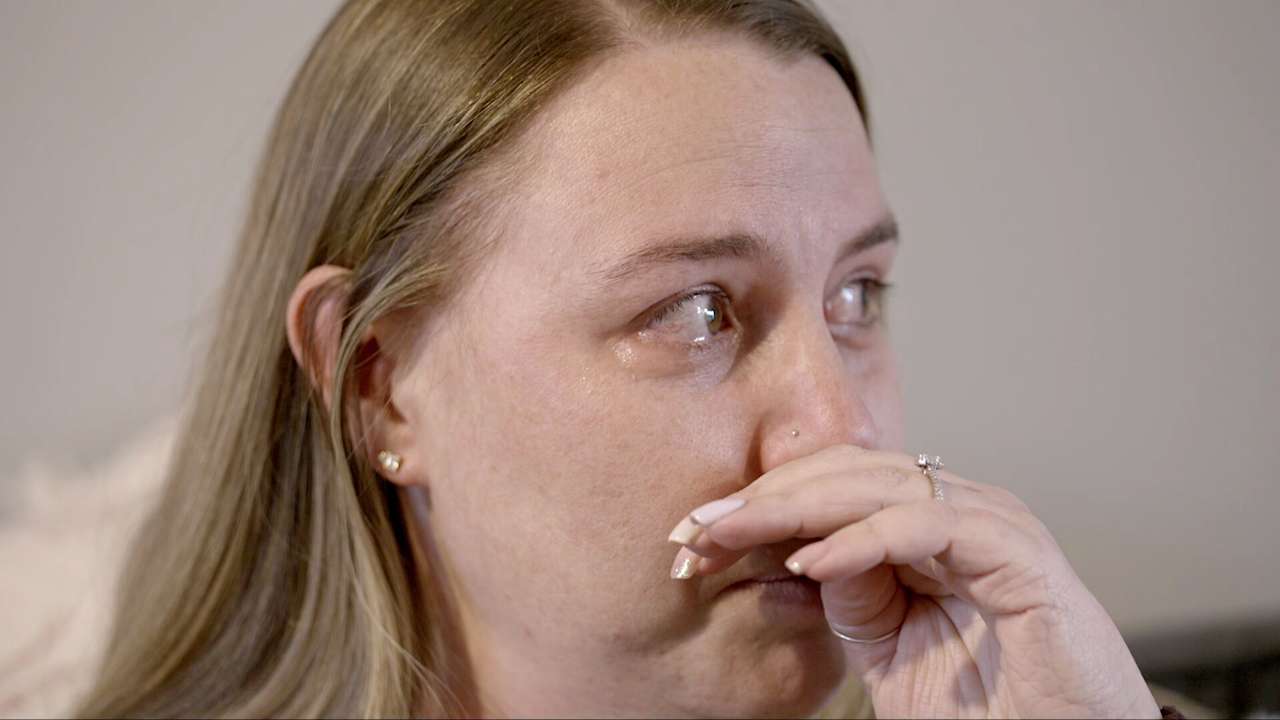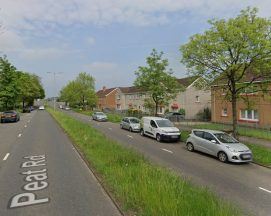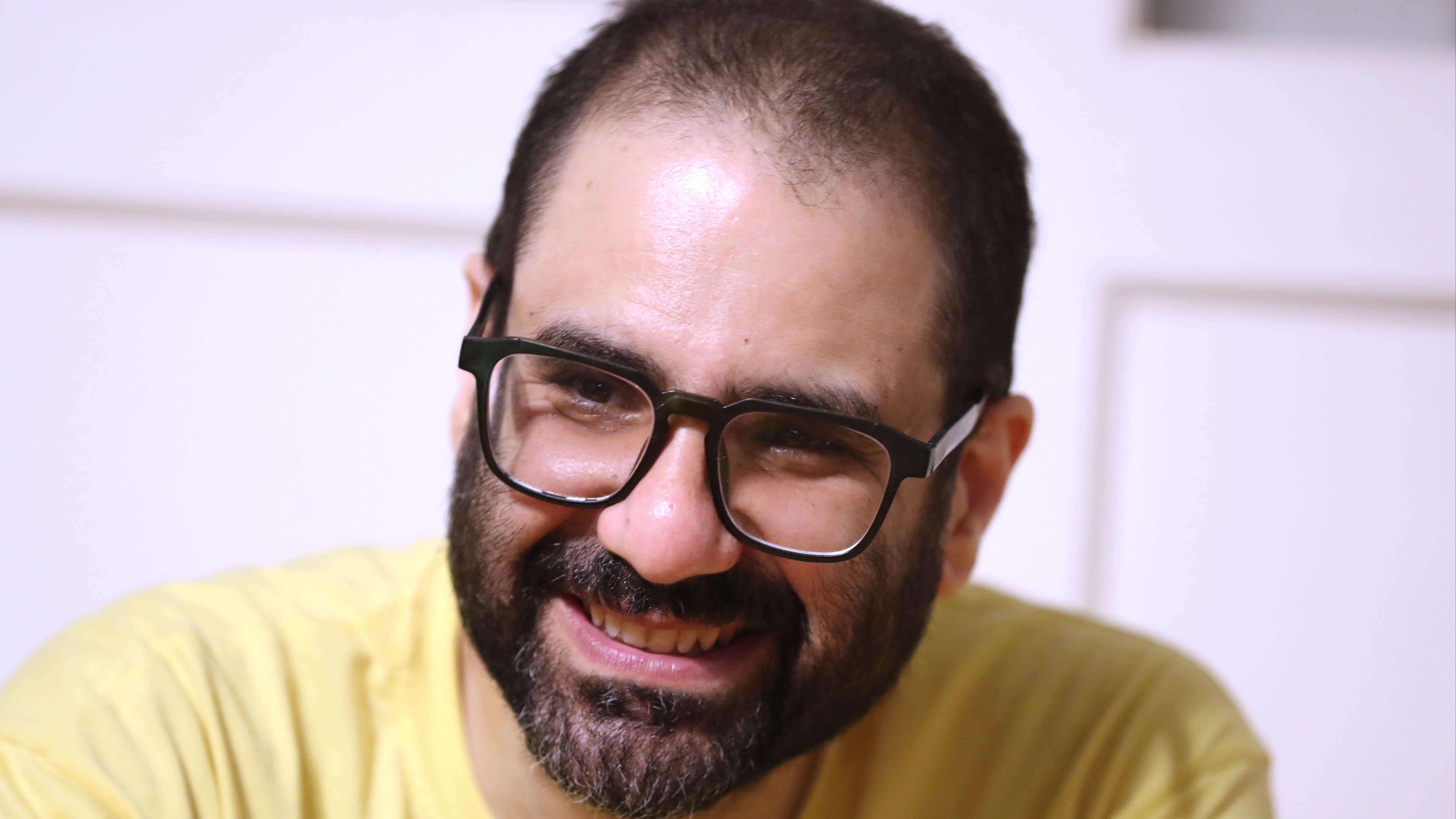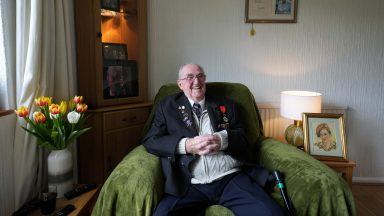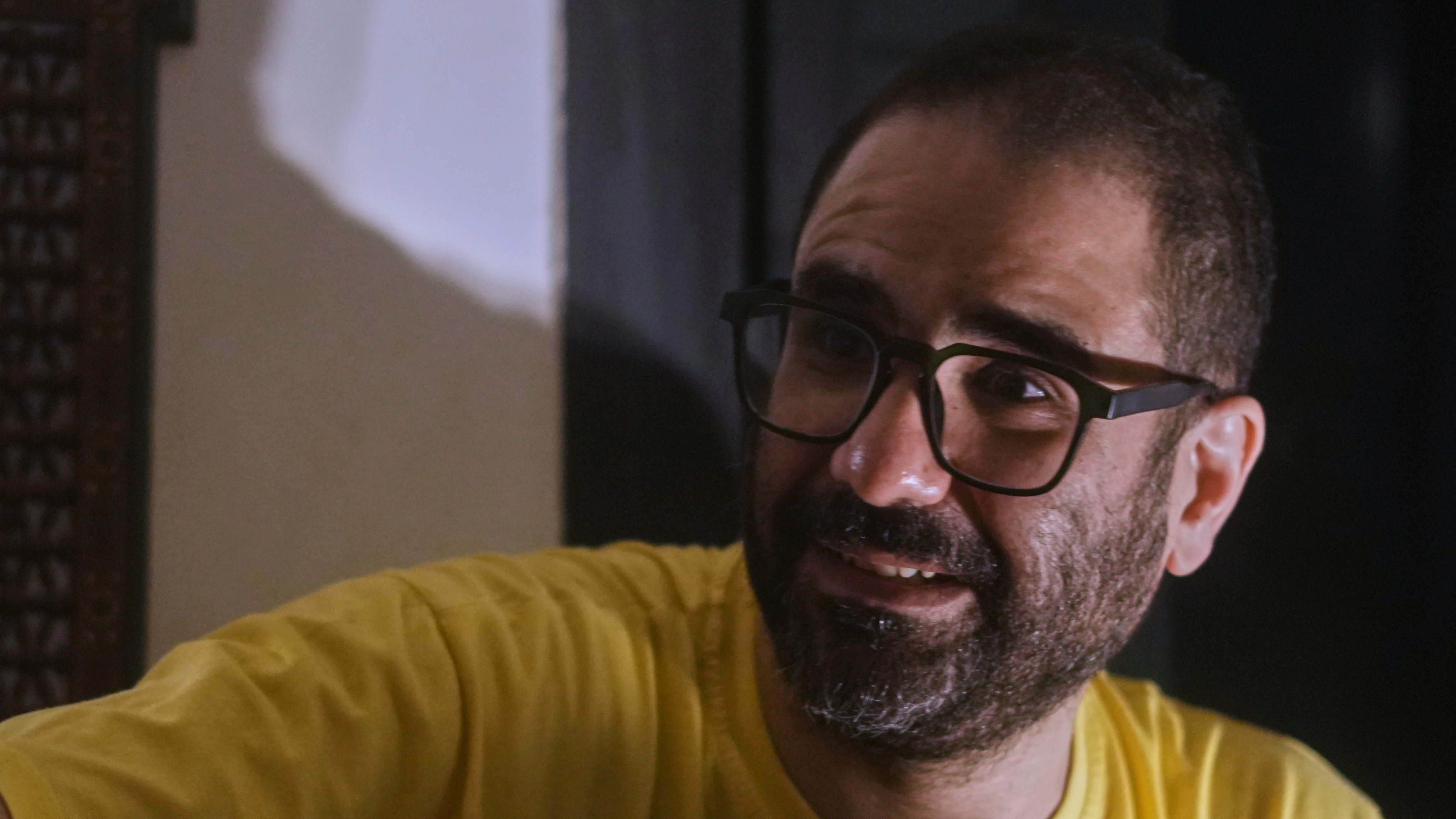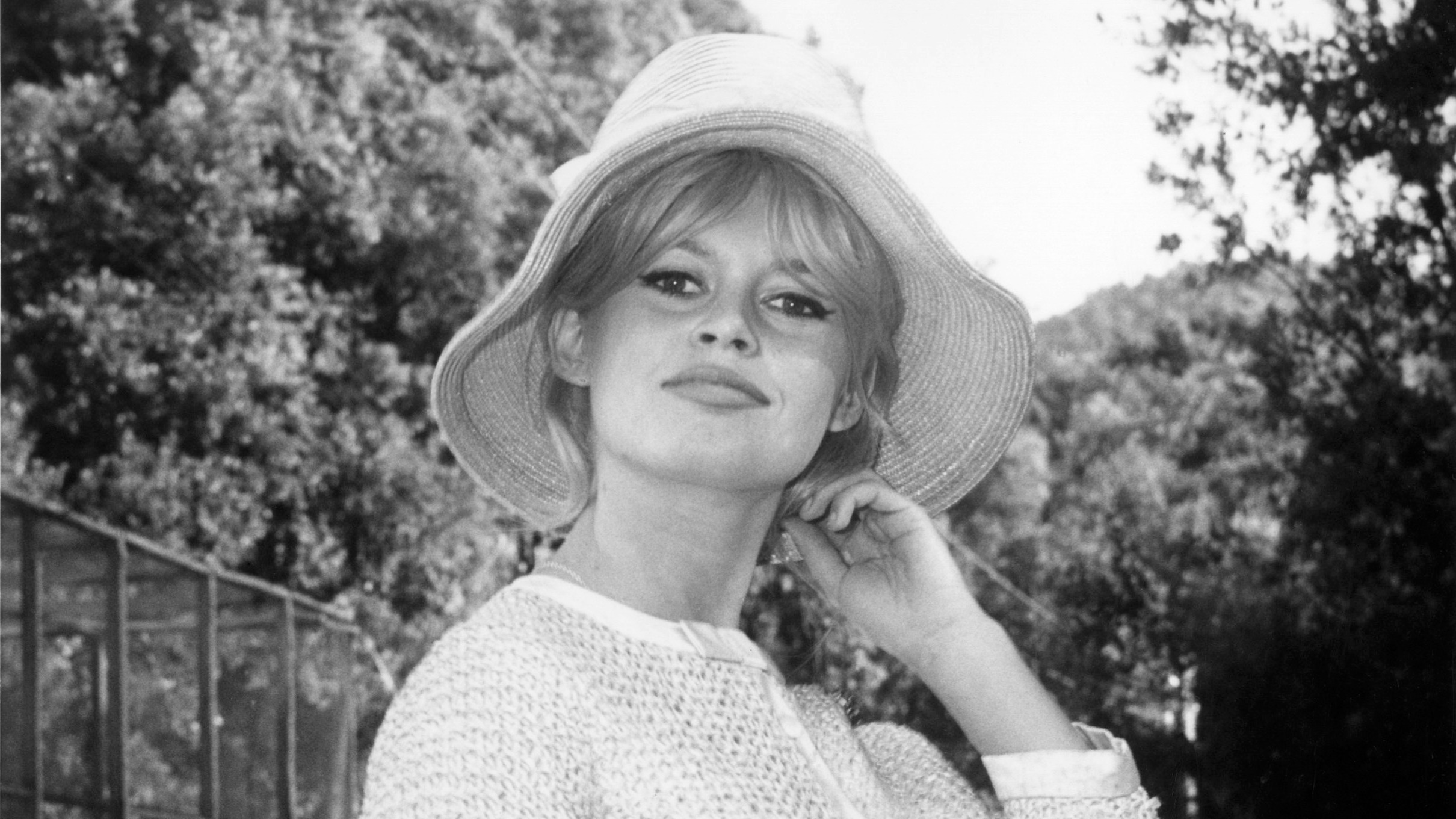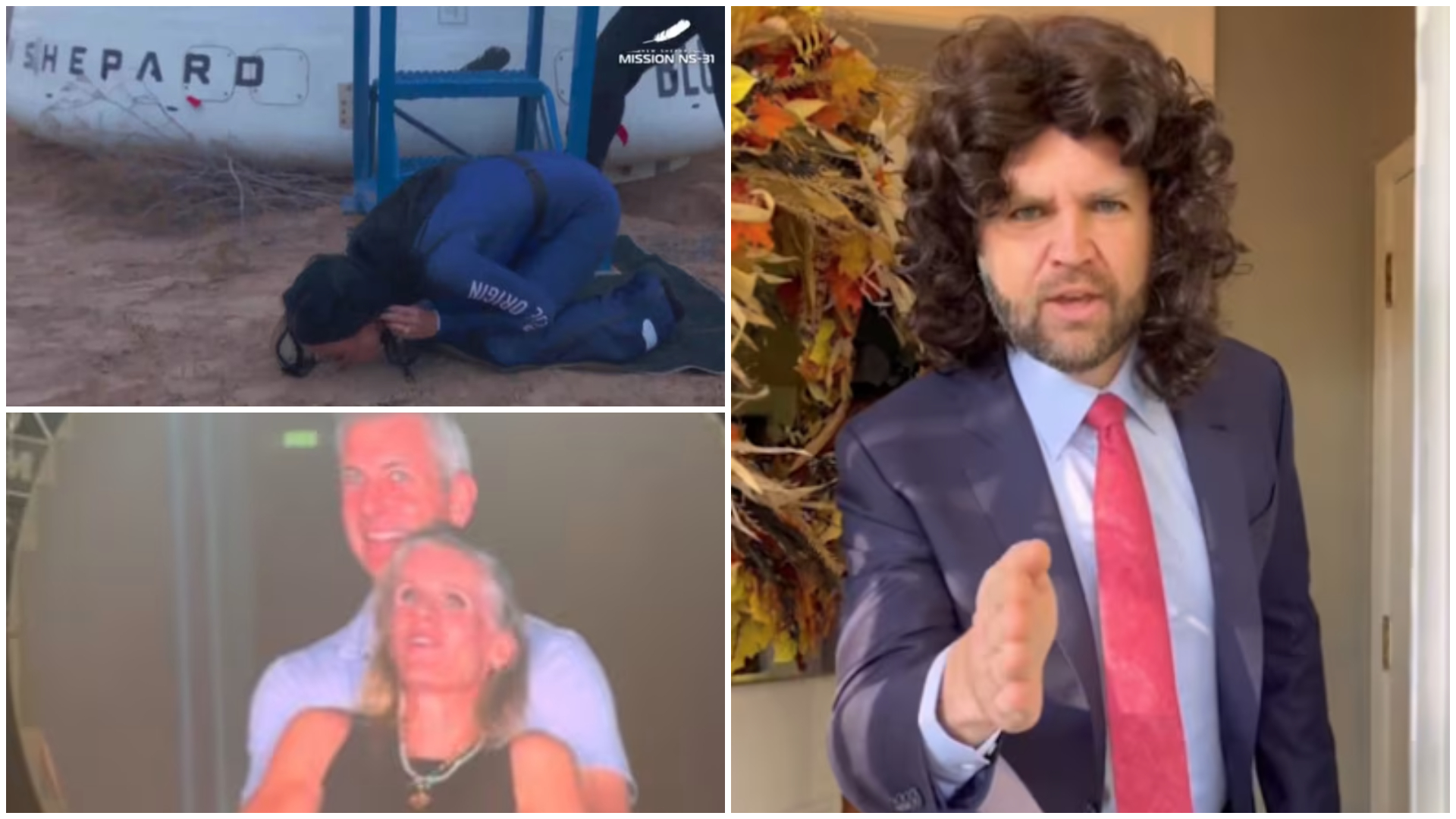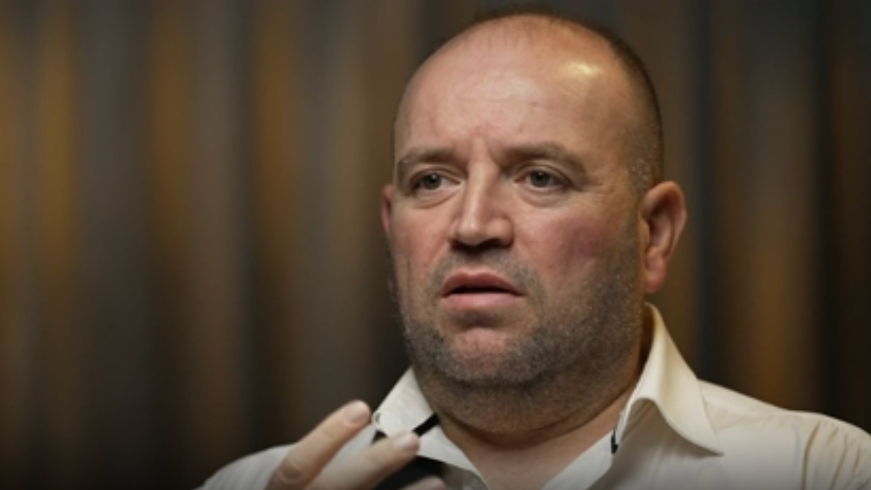In a laboratory on London’s South Bank beside the river Thames, I met one of the scientists leading a global study to discover the causes of an “alarming” rise in cancer in people under the age of 50.
Since the early 1990s, cancer rates in 25 to 49-year-olds in the UK have increased by 24%.
According to new analysis by Cancer Research UK, shared exclusively with ITV’s Tonight programme, almost 35,000 under 50s are now diagnosed with cancer every year in the UK.
Almost 6,000 younger adults die each year, and bowel cancer is one of the fastest-rising cancers in the under 50s.
So scientists at King’s College London are searching for answers.
Funding for their study has come, in part, from Cancer Research UK and the Bowelbabe Fund, set up by Dame Deborah James before she died of bowel cancer at the age of 40.
“It is a race against time,” said Professor Sarah Berry, one of the scientists leading the research.
The study will investigate known risk factors such as obesity, alcohol and smoking, but also explore potential environmental and social risk factors.
Professor Berry is one of the leading scientists working to identify the cause of the increase in cancer among people under 50
“Whilst we know diet and lifestyle is really important,” Professor Berry said. “there’s so much that we don’t know, like environmental exposures – pollutants or microplastics, for example.
“We can go on a hunting expedition so that we can really discover factors that we might not necessarily have thought of before.”
Fran Oxlade from Surrey was just 33 years old when she was diagnosed with bowel cancer.
“I just didn’t feel well and I couldn’t pinpoint what was going on. My bowel habits changed. There was blood, there was cramping and the underlying symptom was fatigue, I have never known tiredness like it.”
After repeated visits to her GP, Fran was sent for a colonoscopy.
“I remember walking outside of the hospital and looking around and seeing people laughing and going about their day,” she said. “I felt like my world had just ended and everyone was being normal.”
Fran expressed that she felt as though her “whole world ended” when she was re-diagnosed
Despite surgery and treatment, Fran’s cancer returned and the advanced stage of the disease means that it’s now life-threatening.
“The oncologist said, anything you want to do, I would do sooner rather than later,” she said.
So she and her partner brought forward the date of their wedding.
“I knew I was going to marry Dean, come hell or high water,” Fran said. “Cancer is not going stop us having the day we’ve dreamt of.”
Early-onset cancers are still comparatively uncommon and the vast majority of cancers affect older people.
The rising rates could, in part, be down to better detection and reporting, but that doesn’t account for the scale of the increase and experts are concerned.
Michelle Mitchell, chief executive of Cancer Research UK, describes it as an “alarming” trend.
“The good news is the rate of cancer survival is improving, but we still lag behind many comparable countries,” she said.
“The government has promised to publish a cancer plan. I urge them to get on with it because there is so much to be done to improve cancer outcomes.”
Andrea Brady’s 27-year-old daughter Jessica Brady died of cancer in 2020.
Over a period of around six months, Jessica contacted her doctors 20 times but was repeatedly misdiagnosed.
“We made a decision to seek a private referral and a week later she was called into our local hospital. She was told she had secondary cancer in her lymph nodes.” Andrea told ITV’s Tonight programme.
“Her body was riddled with cancer. She had it in her lungs, her liver, her bones and her spine. Because her cancer was so advanced, there was absolutely no treatment for her.
“Jess didn’t ever leave the hospital. She was kept in the hospital until she died three weeks later.
“It’s something I wouldn’t want anybody else to go through. It’s the most horrific thing.”
Jessica visited the doctors more than 20 times within five months, Andrea told ITV’s Tonight programme
Andrea believes that her daughter’s cancer was missed because she was young.
She is now campaigning for a new law to improve the diagnosis of early-onset cancer.
Jess’ Law would ensure a patient’s case is elevated for a review, when symptoms aren’t improving, after the third contact with a GP surgery.
“The message the general public receives is if you smoke, if you drink, if you don’t eat the right food, if you don’t exercise, if you are older – then cancer is a possibility.
“But Jess was none of those things.”
A Department of Health and Social Care spokesperson said: “Jessica’s story is a sad example of just how difficult it can be for people to get a timely cancer diagnosis on the NHS following years of neglect.
“This government is going to transform cancer care through our National Cancer Plan, which will see more than 100,000 people get test results faster and thousands more starting treatment within two months.
“We will ensure patients who prefer face-to-face appointments receive one and we’re investing in AI scanners to help catch more cancers quicker. We’ve already hit our target of delivering two million extra operations, scans and appointments seven months early.”
You can watch ‘Cancer Under 50: Searching for Answers – Tonight’ on STV and STV Player on Thursday, April 3 at 10.45pm.
Follow STV News on WhatsApp
Scan the QR code on your mobile device for all the latest news from around the country


